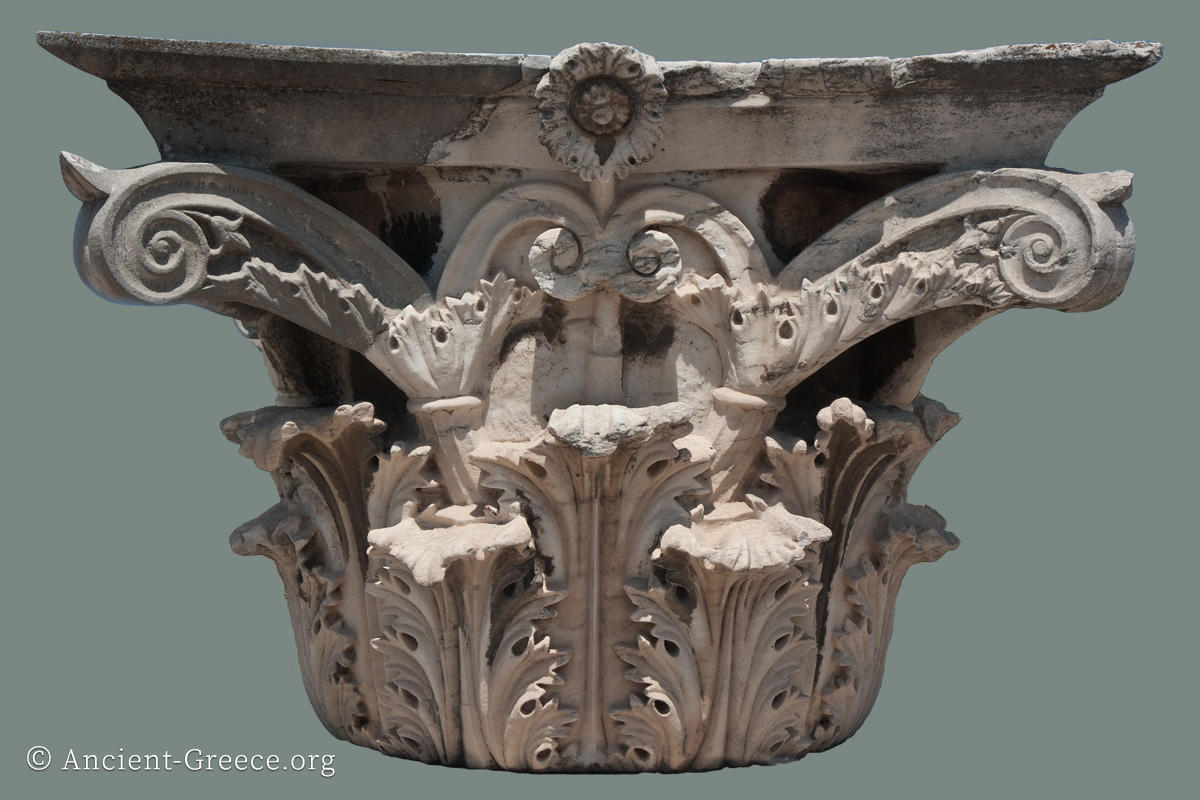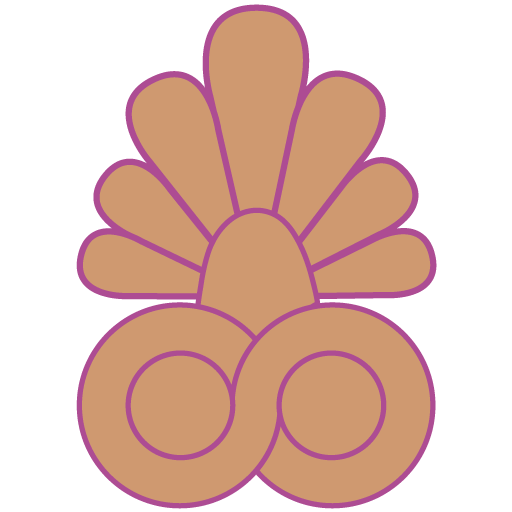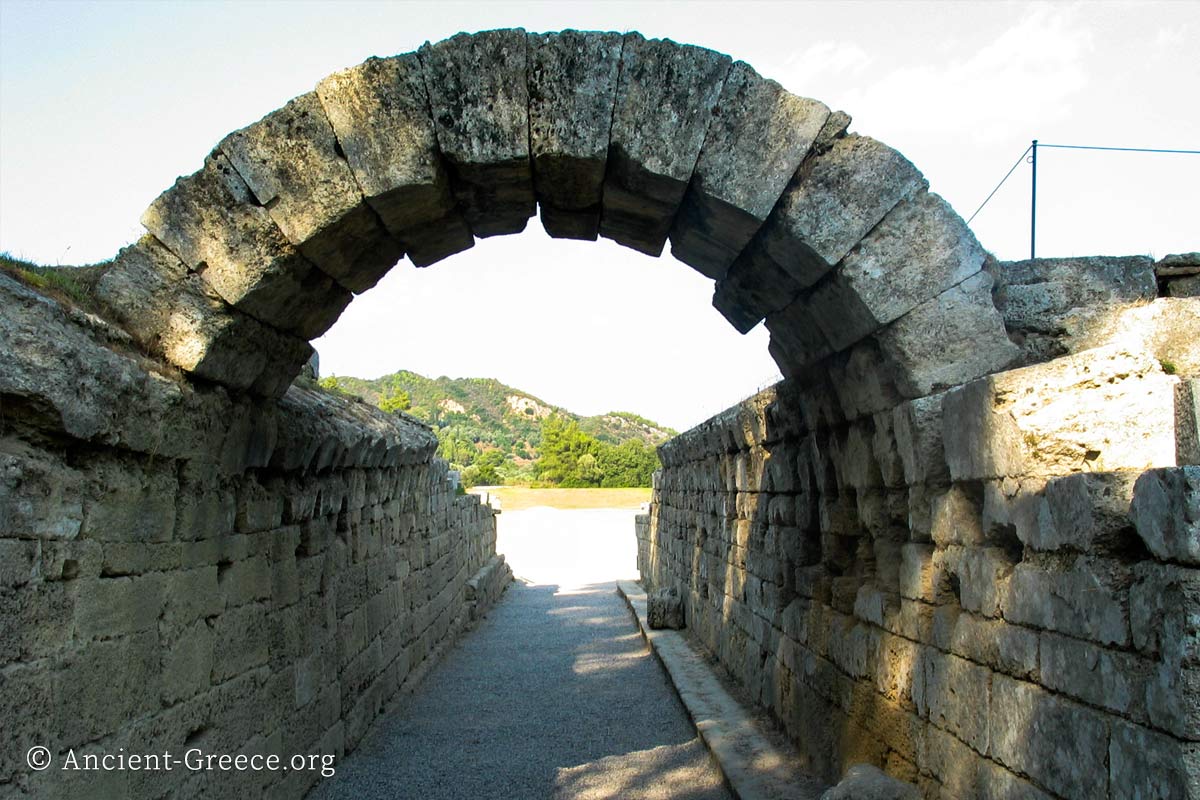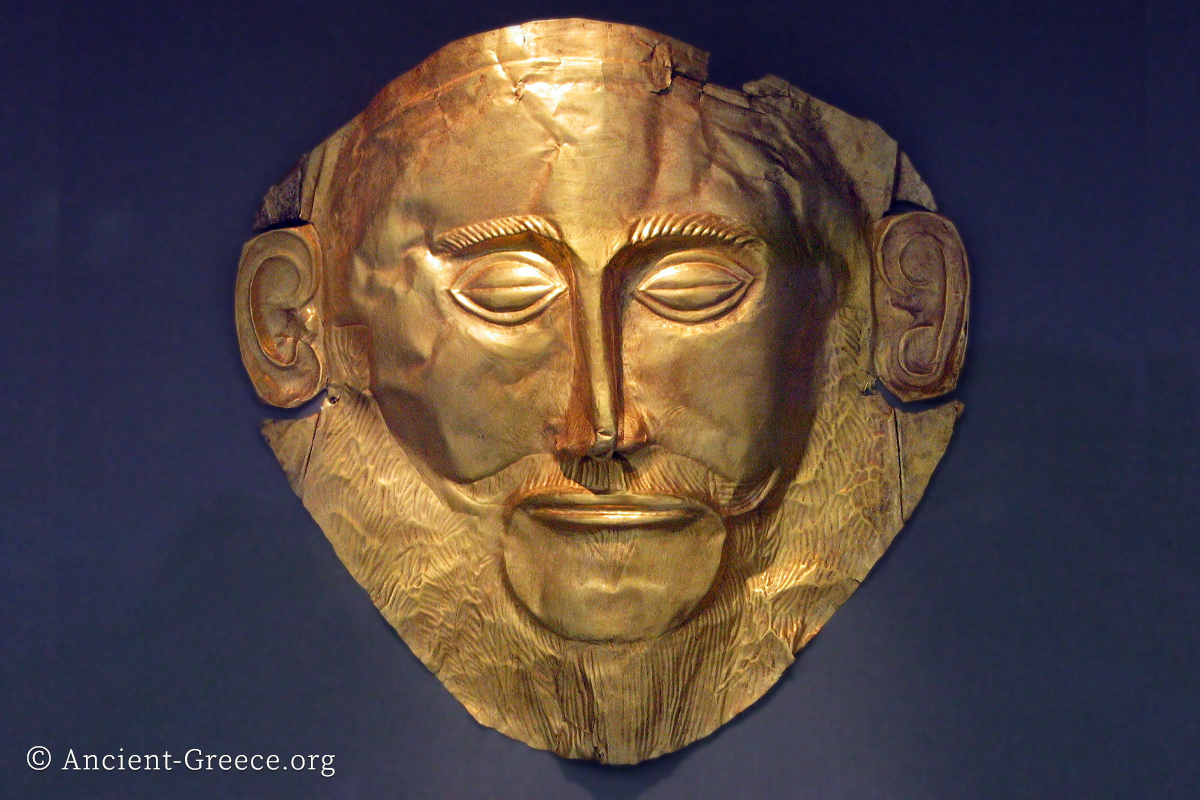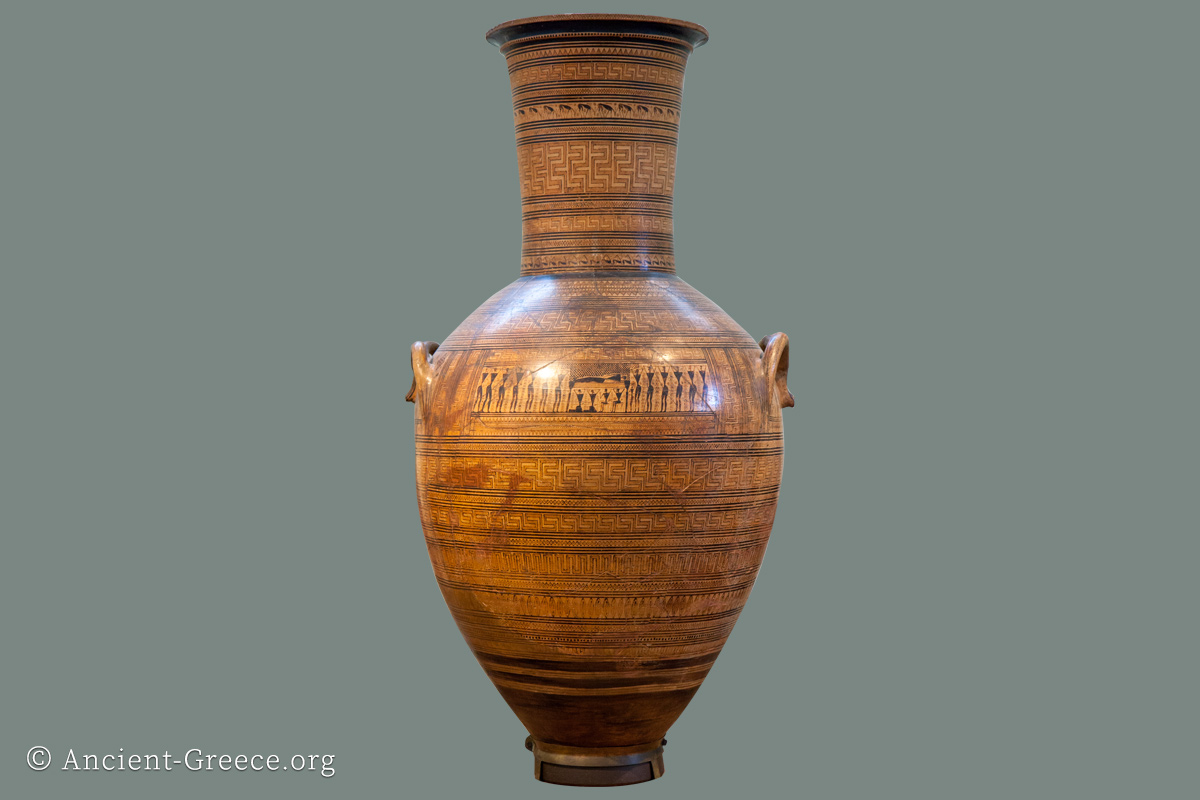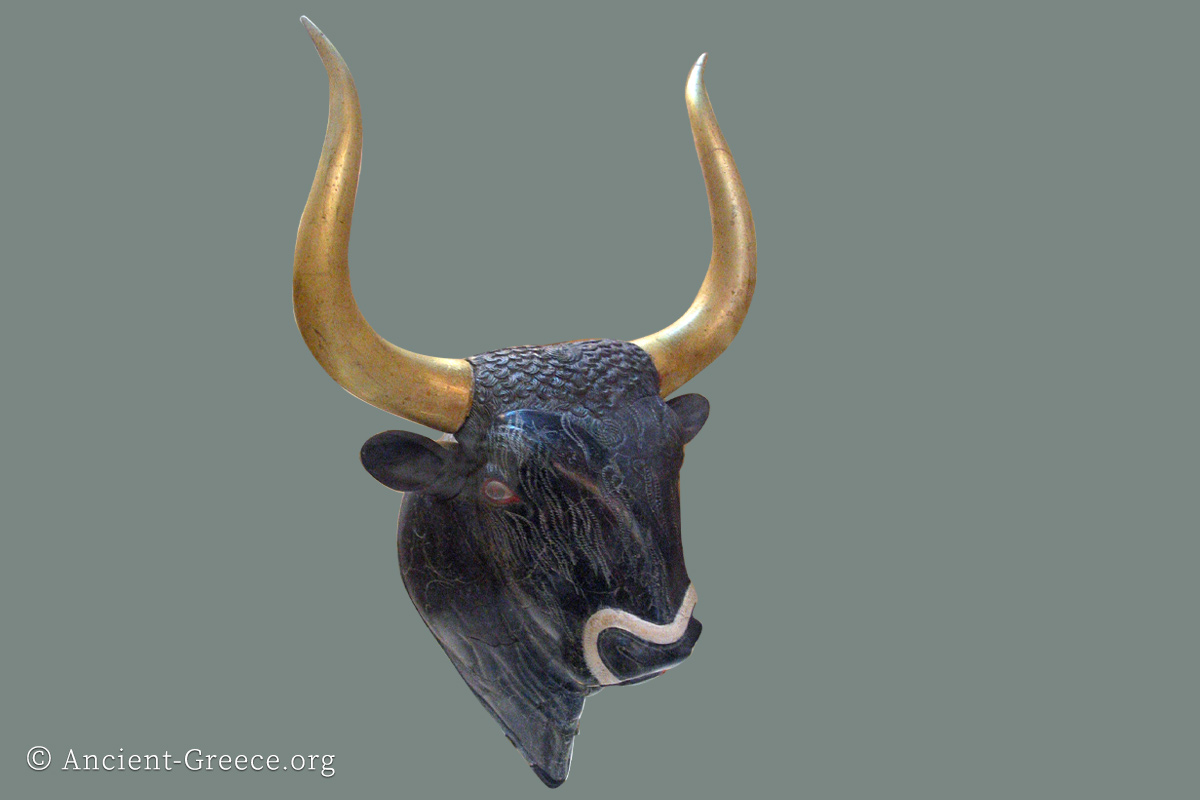History and Culture
-
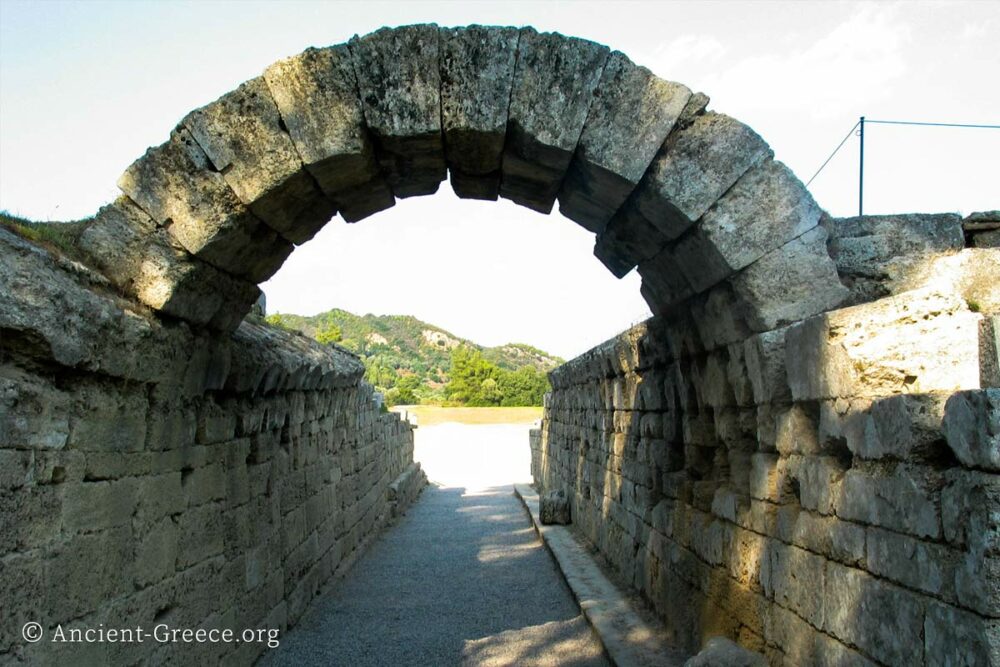
History of Ancient Olympia
Read more: History of Ancient OlympiaThe sanctuary at Olympia (Ολυμπία) is positioned in a serene and fertile valley between the Alpheios and the Kladeos rivers in western Peloponnese, in Elis. In antiquity it was the host of the Olympic games for a thousand…
-
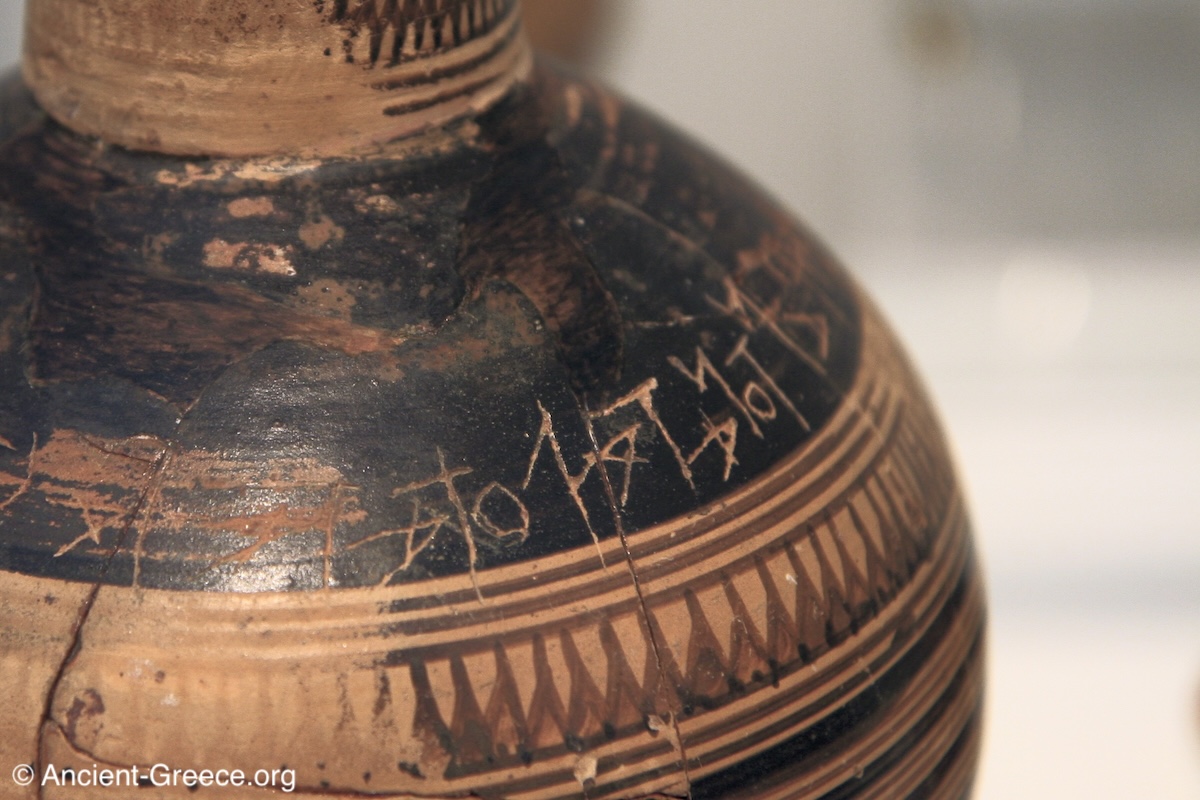
History of Greece: Archaic Era
Read more: History of Greece: Archaic EraThe period of Ancient Greece that followed the Dark Age is described as Archaic and lasted for about two hundred years from 700 to 480 BCE. In our day, the general use of the term “archaic” means anything “old-fashioned”, but…
-
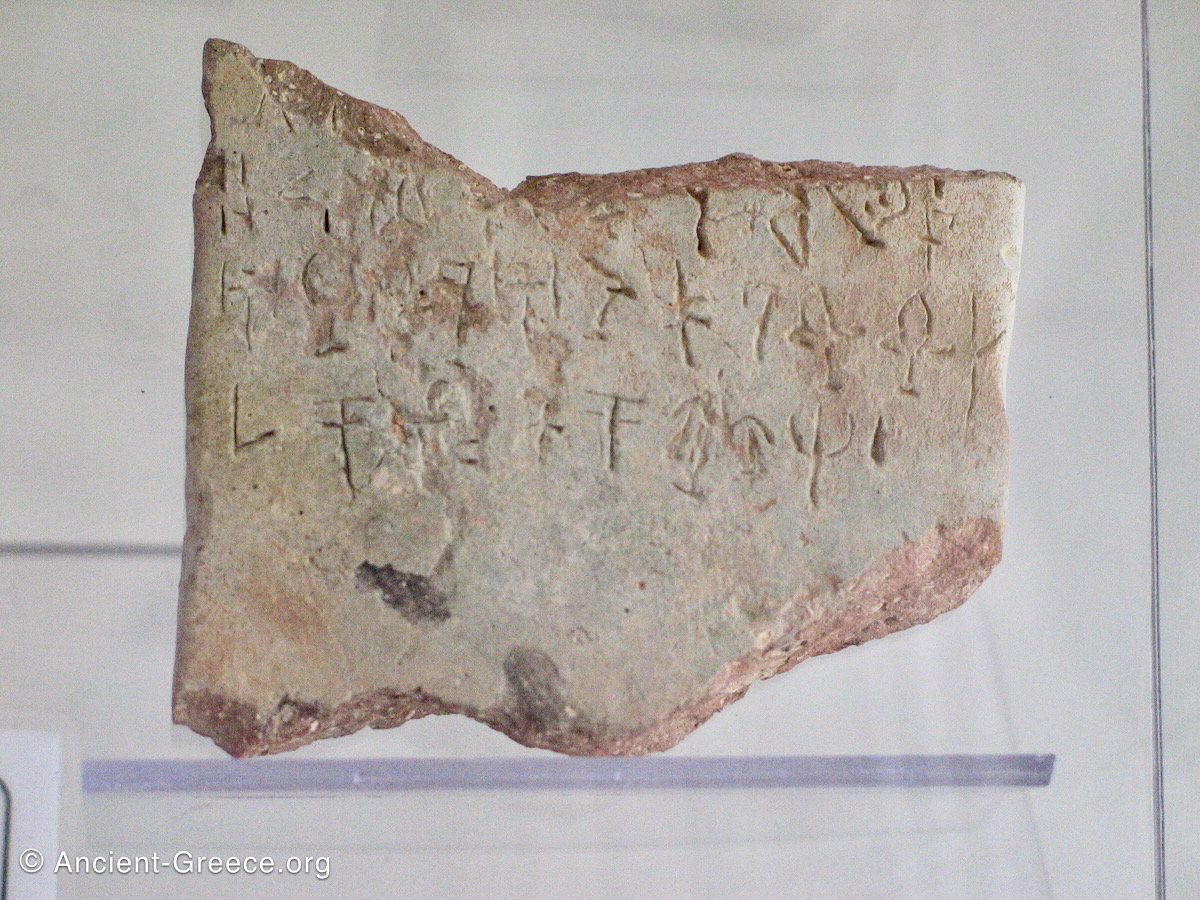
History of Greece: Bronze Age
Read more: History of Greece: Bronze AgeMinoan, Cycladic, and Helladic Cultures The Bronze Age, a period that lasted roughly two thousand years, saw major advances in social, economic, and technological advances that made Greece the hub of activity in the Mediterranean. Historians have classified…
-
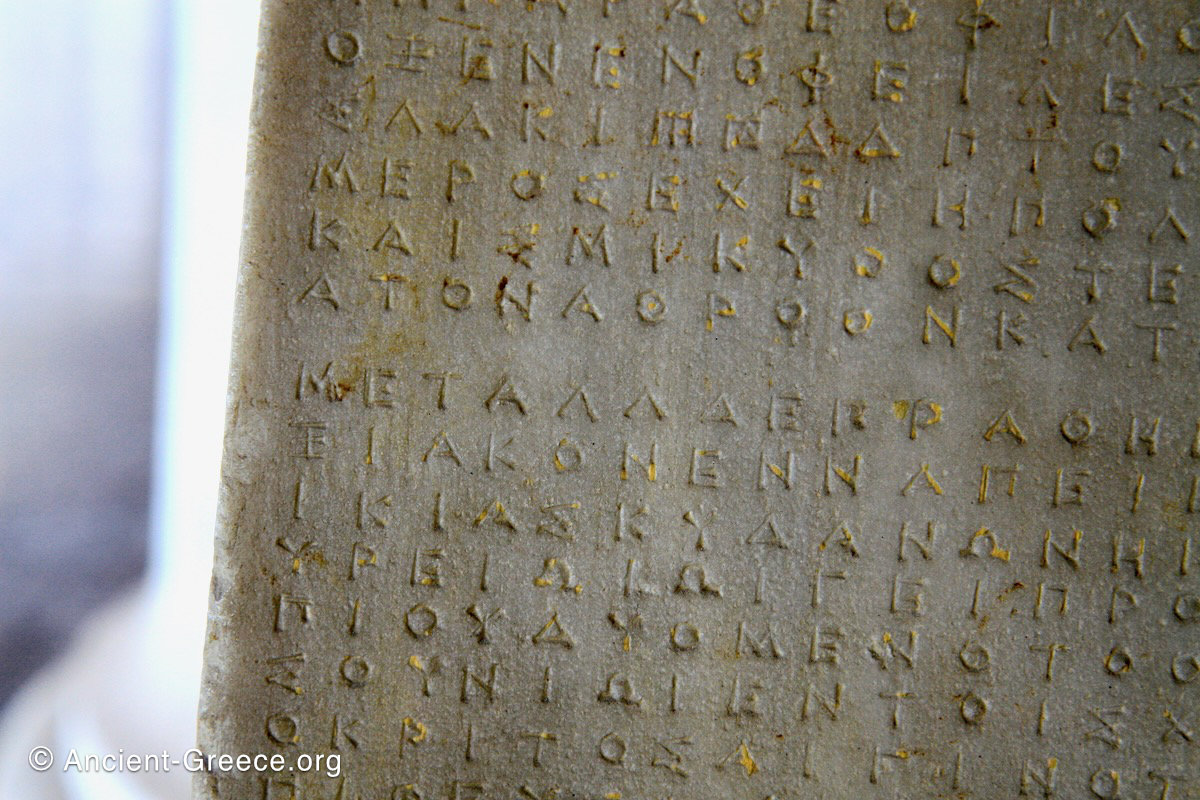
History of Greece: Classical Greece
Read more: History of Greece: Classical GreeceThe flurry of development and expansion of the Archaic Era was followed by the period of maturity we came to know as “Classical Greece”. Recognized as the pinnacle of Ancient Greek civilization, the Classical Period is the most famous for…
-

History of Greece: Hellenistic Period
Read more: History of Greece: Hellenistic PeriodA Cosmopolitan Era The Hellenistic Age (323-31 BCE) marks the transformation of Greek society from the localized and introverted city-states to an open, cosmopolitan, and at times exuberant culture that permeated the entire eastern Mediterranean, Egypt, and Southwest…
-
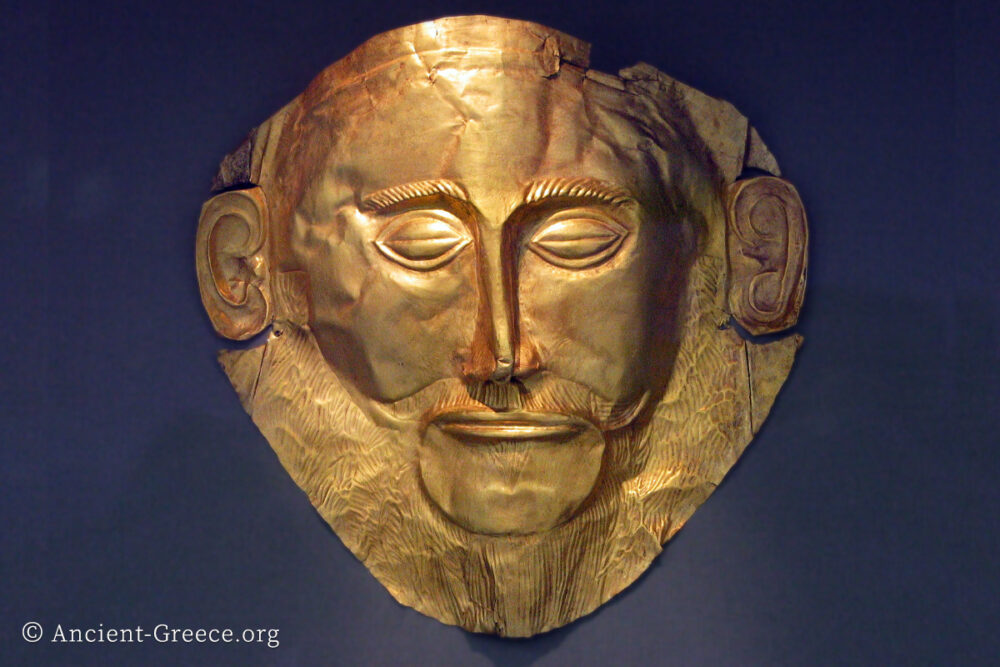
History of Greece: Mycenaean Greece
Read more: History of Greece: Mycenaean GreeceMycenaean is the civilization that dominated mainland Greece, the Aegean islands, and the shores of Asia Minor during the late Bronze Age era (circa 1600-1100 BCE). The Mycenaean Era occupies the tail end of the Helladic Civilization, which…
-
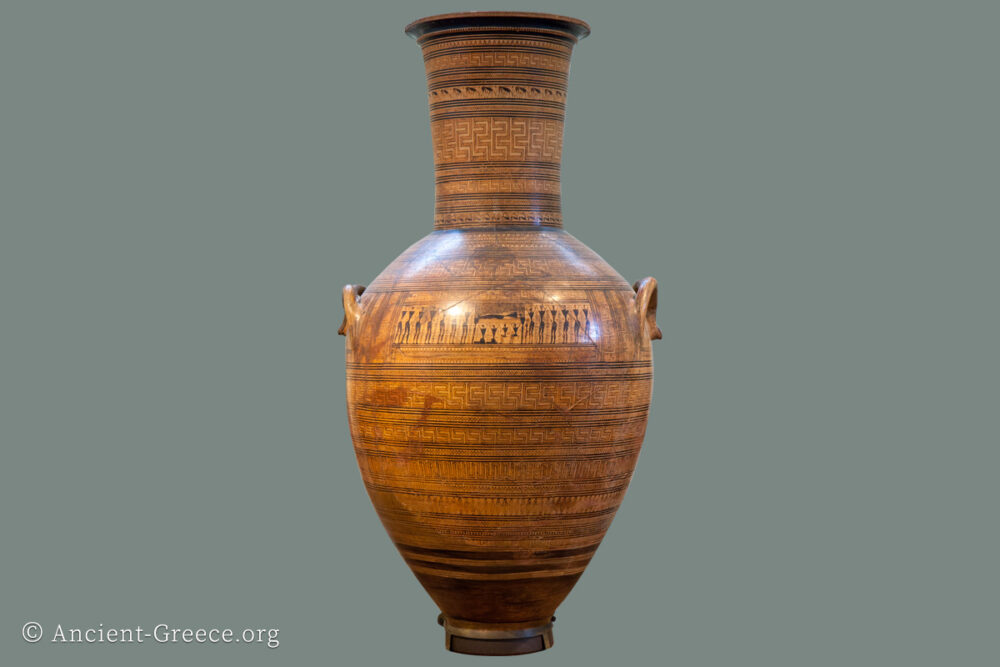
History of Greece: The Dark Ages
Read more: History of Greece: The Dark AgesThe Early Iron Age The extensive damage done to the Mycenaean civilization at the end of the second millennia took three hundred years to reverse. We call this period “the Dark Ages” partly because the people of Greece…
-
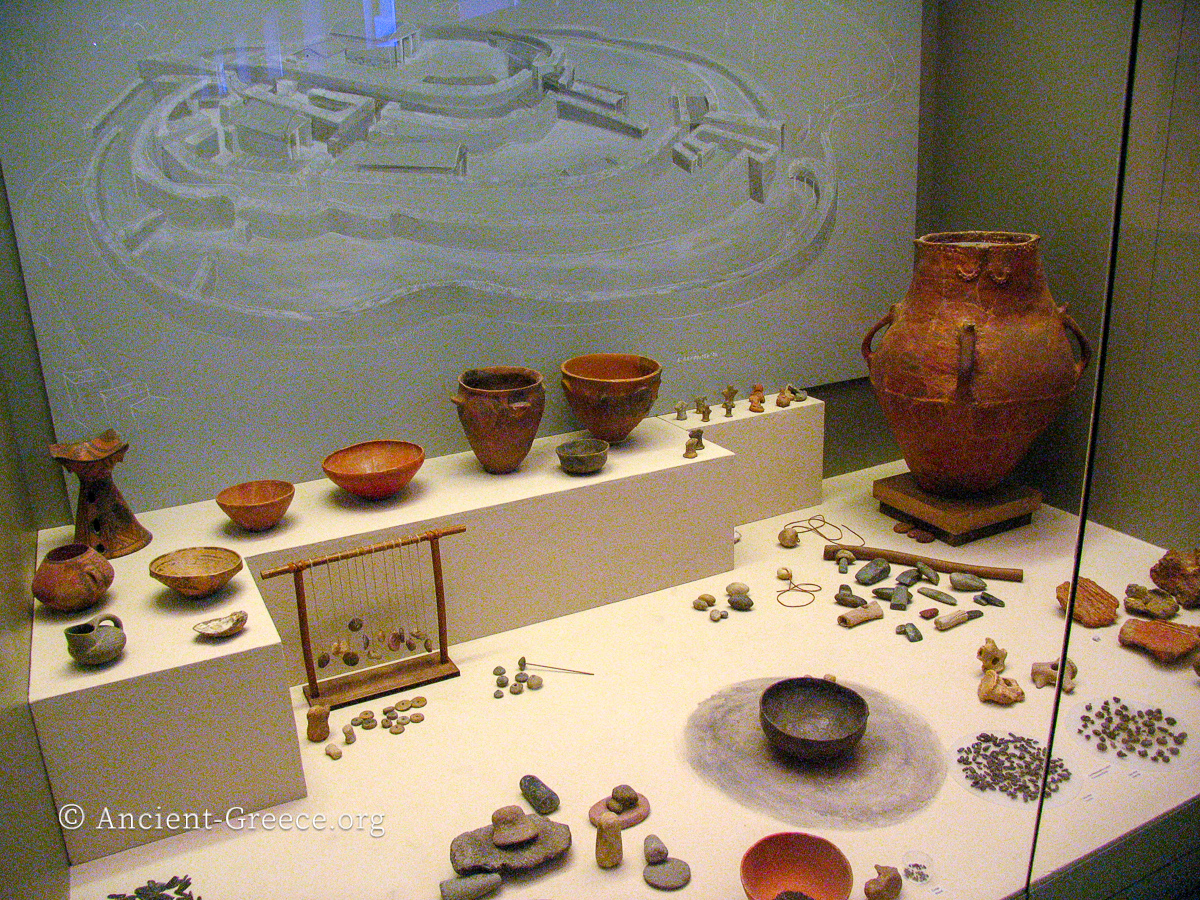
History of Greece: The Stone Age
Read more: History of Greece: The Stone AgeEarliest Humans The earliest evidence of habitation in Greece comes in the form of a skull found in the Petralona Cave in Halikidiki. The cranium has been difficult to date, with some estimates indicating that it is about…
-
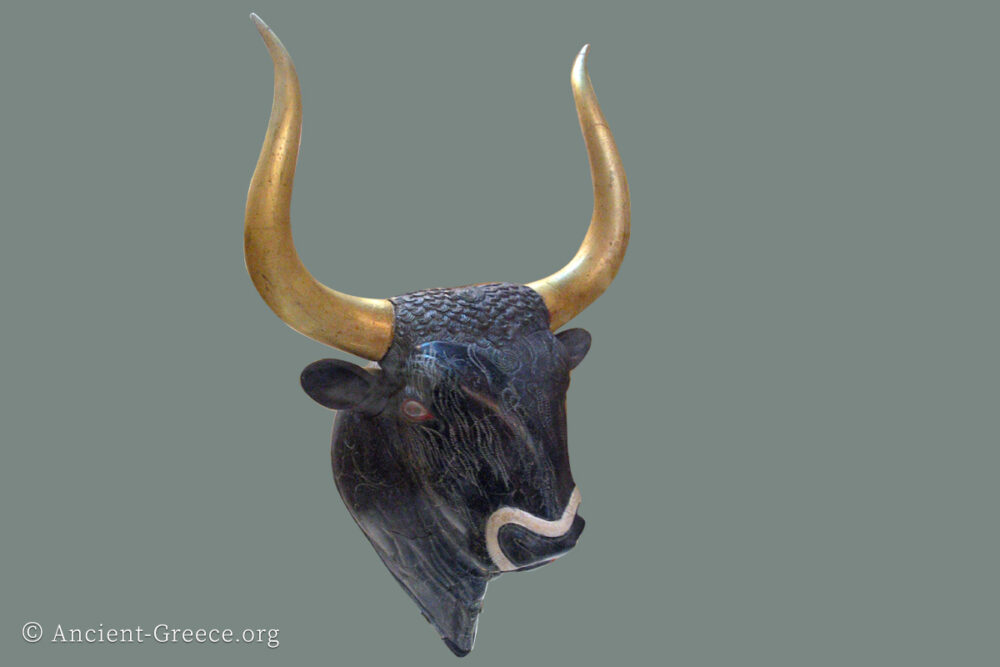
History of Minoan Crete
Read more: History of Minoan CreteThe Minoans (c. 3500 – 1100 BCE) had developed significant naval power and for many centuries lived in contact with all the major civilizations of the time. With their powerful navy they flourished in the island of Crete…
-

History of the Acropolis
Read more: History of the AcropolisGeology & Geography The Acropolis rock is part of a Late Cretaceous limestone ridge (Higgins, 29) that cuts through the Attica plateau in the northeast to the southwest axis and includes the Likavitos hill, the Philopappos (Museum) hill,…
